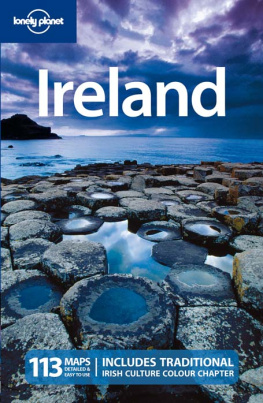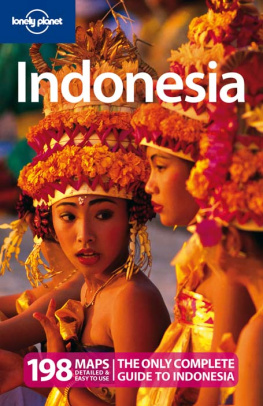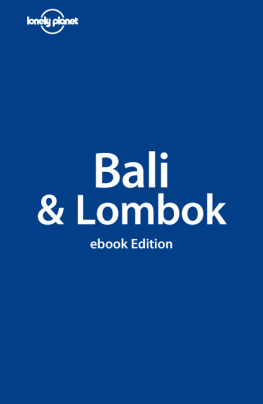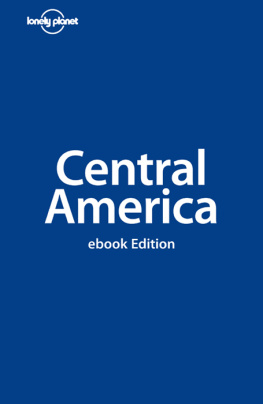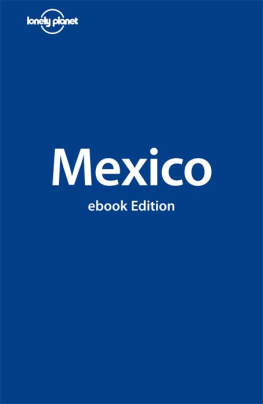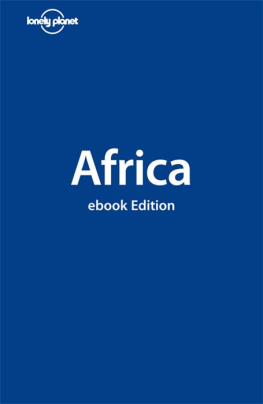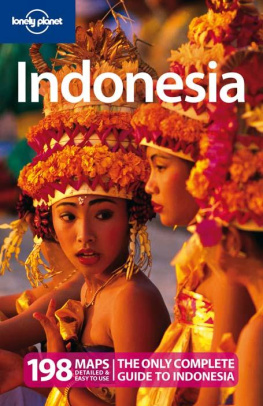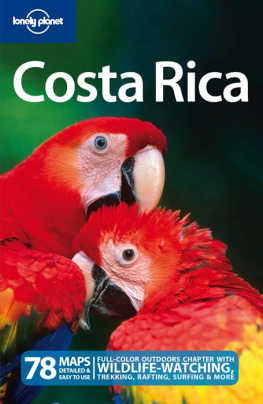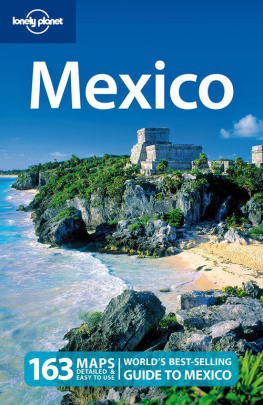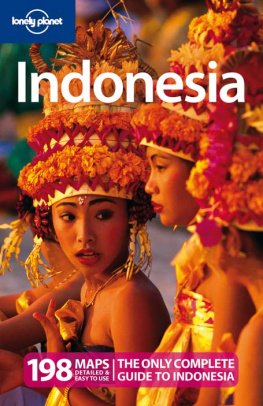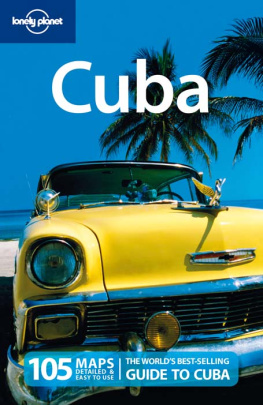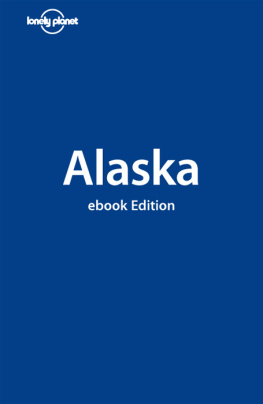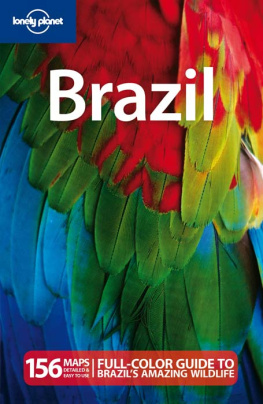Destination Ireland
In 2008 an ad for a local bread manufacturer ran on Irish TV, featuring two men building an old-style, traditional stone wall in Connemara. As they work, a woman approaches with a tray of avocado-and-prawn sandwiches, also doling out a green tea and a skinny latte. When one of the men takes a phone call on his mobile, he turns down a request saying he has his Pilates class that evening.
The ad captured the Irish Zeitgeist perfectly, portraying the two distinct sides of a country that has undergone huge, transformative change yet remained largely the same. On the one hand, theres the New Ireland, a land of motorways and multiculturalism, planned and developed in between double decaf lattes and time out at the latest spa for a thermal mud treatment. The economy may have taken a massive hit in the last year or so, but the country has found a new level of cosmopolitanism and sophistication that its not likely to lose anytime soon. Irelands other personality, however, is a little more traditional and, if the regular polls of departing tourists are to be believed, still holds the key to Irelands draw as a tourist destination.
FAST FACTS
Population: 4.3 million (Republic), 1.7 million (Northern Ireland)
Unemployment rate: 12.1% (Republic), 6.2% (Northern Ireland)
Inflation: 2.6%
Territory size: 70,300 sq km
Annual earnings from tourism: 6.3 billion
Mobile phone subscriptions in Ireland: 5 million
Number of visiting tourists per year: 7.8 million
Irish adults who have satellite TV: 25%
Biggest no-no: Saying begorrah (theyll just laugh at you)
Second-most spoken language: Irish
At the heart of it all is the often-breathtaking scenery, still gorgeous enough to make your jaw drop, despite the best efforts of developers to scar some of the most beautiful bits with roundabouts, brutal suburbs and summer bungalows. From the lonely, wind-lashed wilderness of Donegal to the postcard landscapes of western Cork, Ireland is one of the worlds most beautiful countries, and worth every effort you make to explore it. And we mean, of course, the whole island, including the North for so long scarred by conflict but now finally engaged in the process of recovery, able to once again parade its stunning self to a world that for so long only heard about the provinces troubles on the evening news.
But the overwhelming popularity of scenic superstars like Connemara and Kerry has seen the emergence of quieter idylls as the preferred destination of the discerning traveller, who has discovered the beauty of the lakes of Roscommon and the villages of Waterford, of rarely visited counties like Westmeath. These are the areas where you can come into contact with a more genuine Ireland, the kind removed from the slick machinery of the tourist trail.
Ireland is a complex, often contradictory country, and those contradictions are evident everywhere you go, from the thatched rural pub advertising its wi-fi connection and imported Australian wines to the group of Polish-born school kids chatting away to each other in Irish. No sooner do you make an assumption about the place than something will confound you completely, leaving you no wiser than before you began. But dont worry, youre in good company: most of the Irish are as perplexed about it as you are.
All of this confusion hardly fits the traditional, time-worn view of a nation of affable people made happy by the conviviality of a drink among friends, but the Irish have always mocked the fanciful notions of Irish Americans and other hyphenated Irish, who return to the land of their ancestors hoping to find a version of the iconic film The Quiet Man. The Irish love their humour, but they usually prefer it served black and ironic, all the better to deal with the difficulties that surround them.
And these are unquestionably difficult times for Ireland. By now, were all wearily familiar with the story of the pinstriped bozos who brought the world to its knees by throwing bits of paper up in the air and calling them derivatives. But Irelands is that much more shocking because the collapse of the global financial system triggered the virtual disintegration of an economy that was blindly, blithely and ultimately disastrously dependent on a property bubble that burst in late 2008, leaving the country to once again confront the fears of its past: spiralling unemployment, economic paralysis and the slow bleed of emigration.
Then, six months later, just as the country was beginning to come to terms with the harsh new realities of its economic fortunes, its annus horribilis was compounded with the publication of the 3000-page report of the Commission to Inquire into Child Abuse, which revealed in all its stark, unspeakable horror the fate of so many of the almost 170,000 children who passed through the industrial school system in the middle decades of the 20th century and the complicity of both the Church and the State in their workhouse hell. In 2009 one question was on everybodys lips: how did it all go so horribly wrong?
Youll hear a lot of theories from Irish people during your travels, as well as a few no-nonsense solutions: throw all the bankers in jail, defrock the clergy and, above all, get rid of that awful show of liars and incompetents in government. But they know, too, that none of those things are likely to happen, so theyll shake their heads in resignation and sure, isnt that just the way of things? Then theyll offer you a drink and talk about Irelands problem with the stuff how its both the nurse and curse of the people all the while making sure that your glass never gets empty.
For all of Irelands very real problems and confusing contradictions, the fact remains that the Irish warmth and welcome is the real deal, and millions of visitors testify to the sheer ease with which they made friends here. Someone will stop and help you find your way when youre standing on a corner gawking at a map; you will strike up a conversation if youre sitting alone in a pub; and there is a very good chance that if youre stuck somewhere a local will volunteer a lift to wherever you need to go. The Irish love complaining about their country the crappy weather, the horrible traffic, the corruption and, increasingly, the horrors of the past and will swear to you that youre the luckiest person on earth because you dont have to live here. But that they only do because this is the greatest country on the planet. Make sense? Well, it does here.
Getting Started
Compact, relatively homogenous and theoretically crossed by car in less than four hours, Ireland doesnt pose any major challenges to the visitor other than the ones set by the often inclement weather; the horrendous traffic that can make getting through a two-dog town a 45-minute struggle against road rage; and what might generously be called inconsistent pricing, where value for money isnt always apparent. Otherwise, Ireland is a doddle.
WHEN TO GO
The Irish weather works on the four seasons in a day principle, which basically means that you cant predict a thing when it comes to the behaviour of the sky. Some basic assumptions, however, can be made.
In summer, from June to August, the days are reasonably warm and most importantly very long: at the height of summer you wont need to turn on the lights until after 10pm. It is also peak tourist season, which means there are far more people just about everywhere but the most remote corners of the island, and prices are at their highest. Not surprisingly, most of the yearly festivals occur during these times so as to take advantage of the crowds and the more favourable weather.

